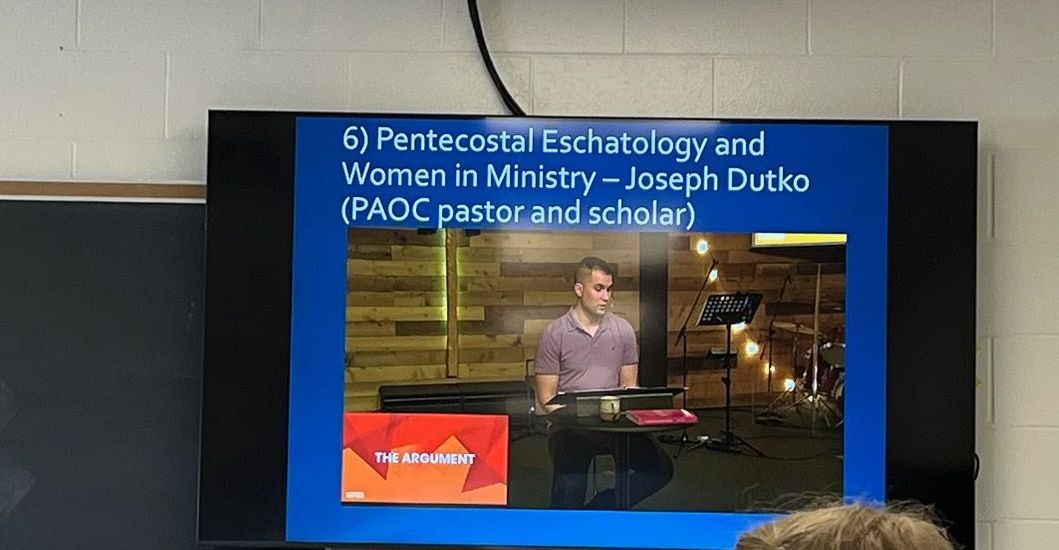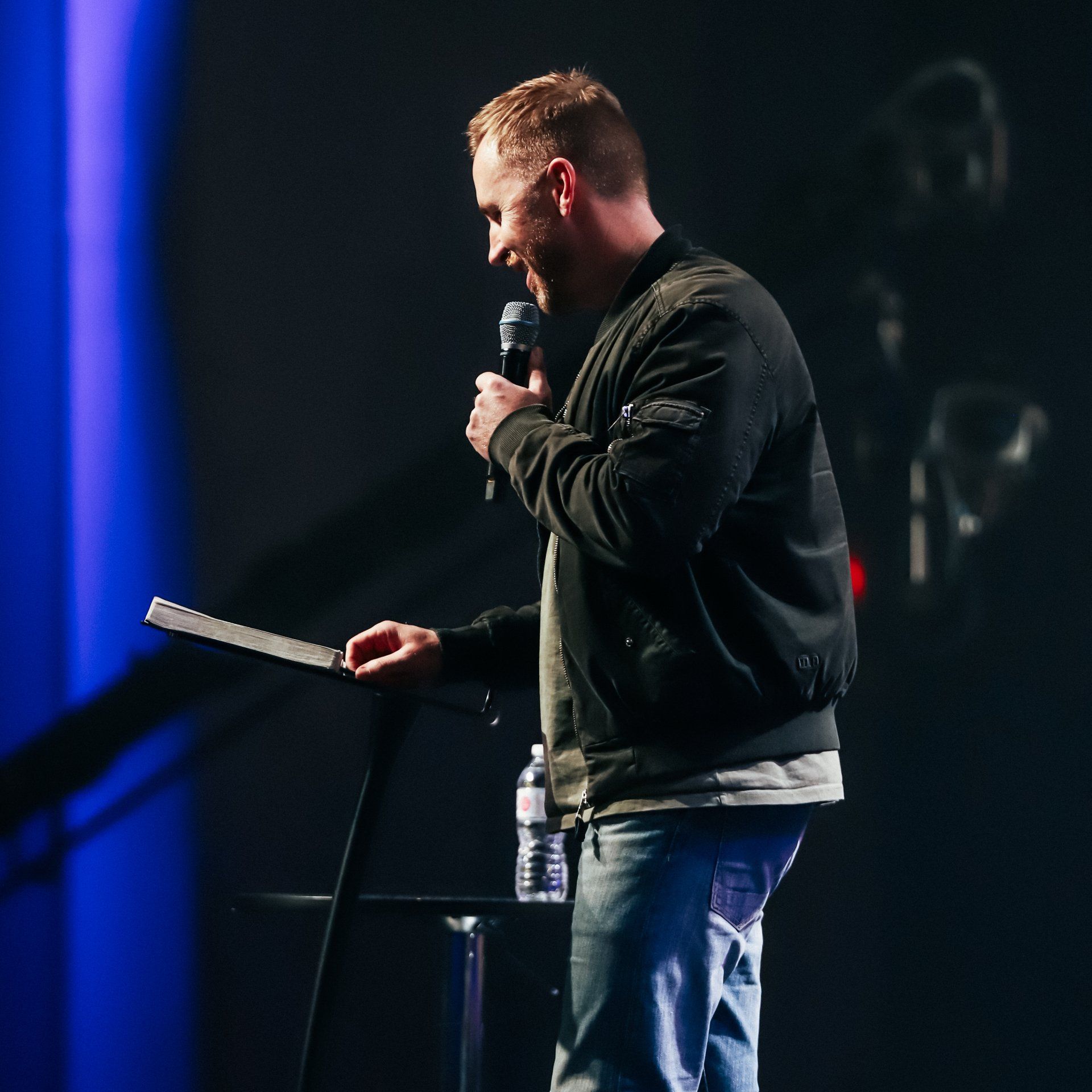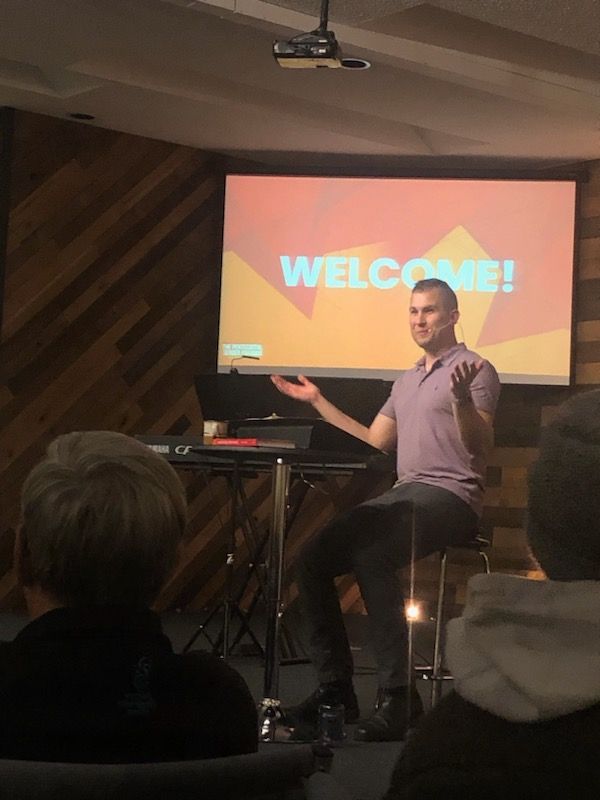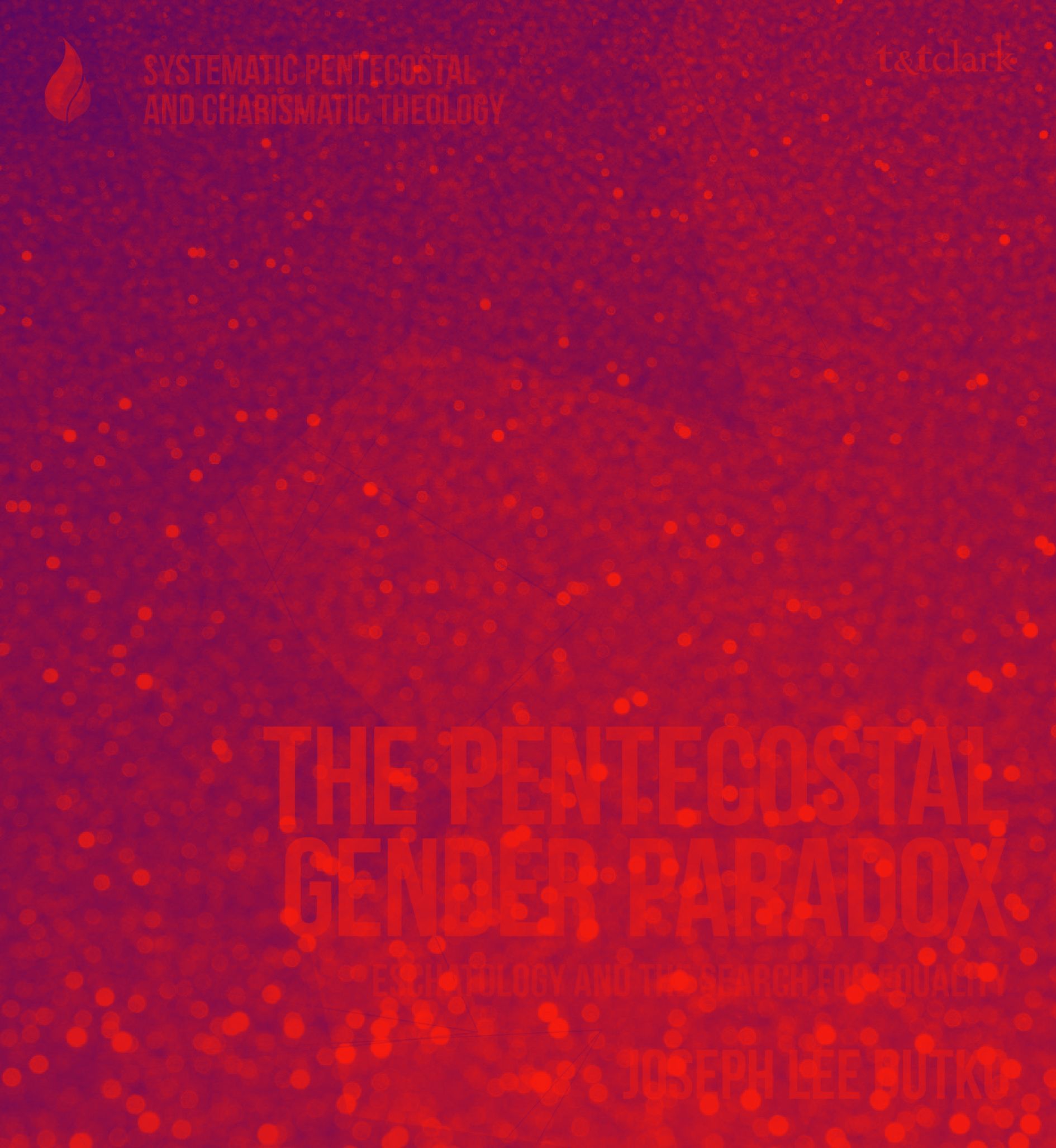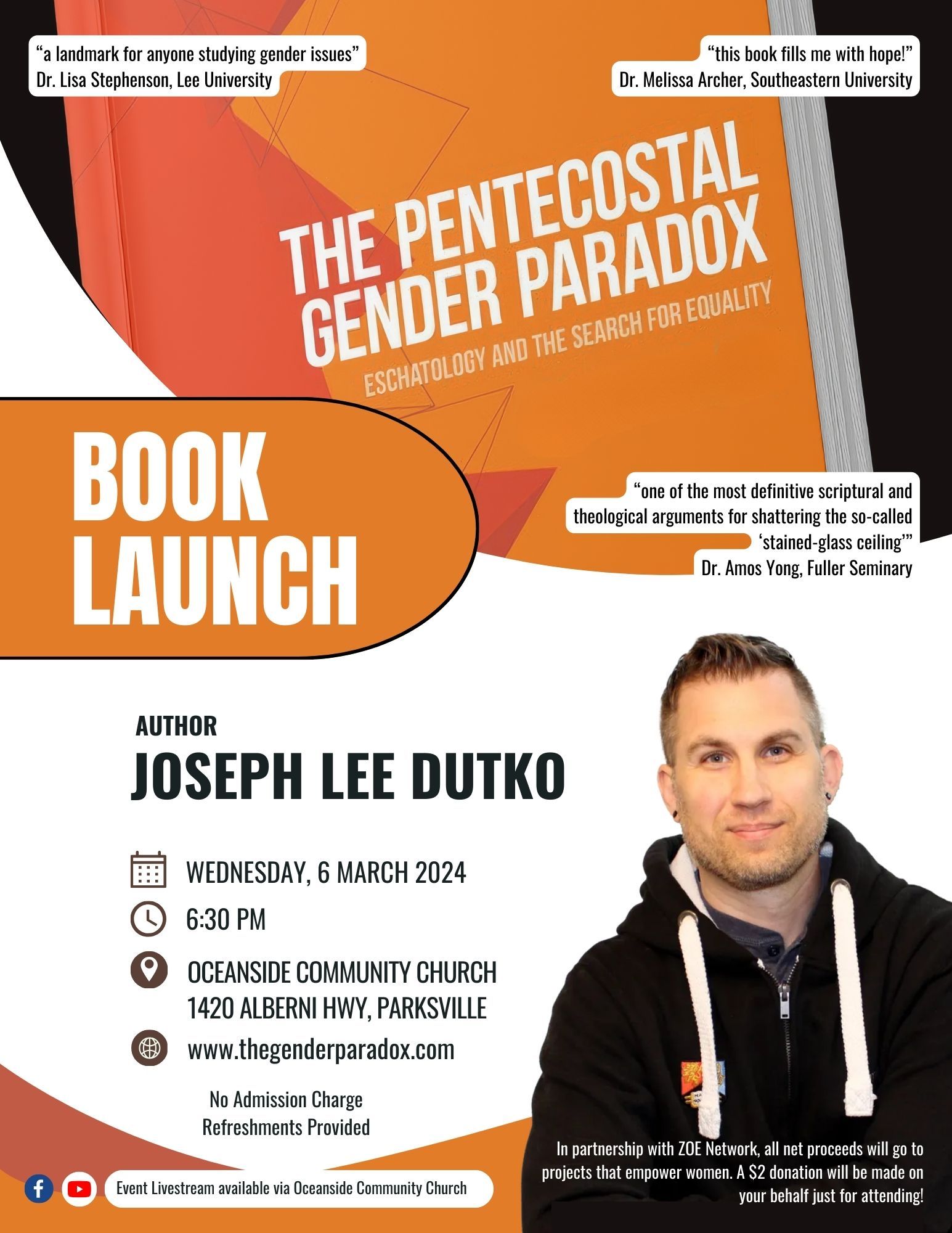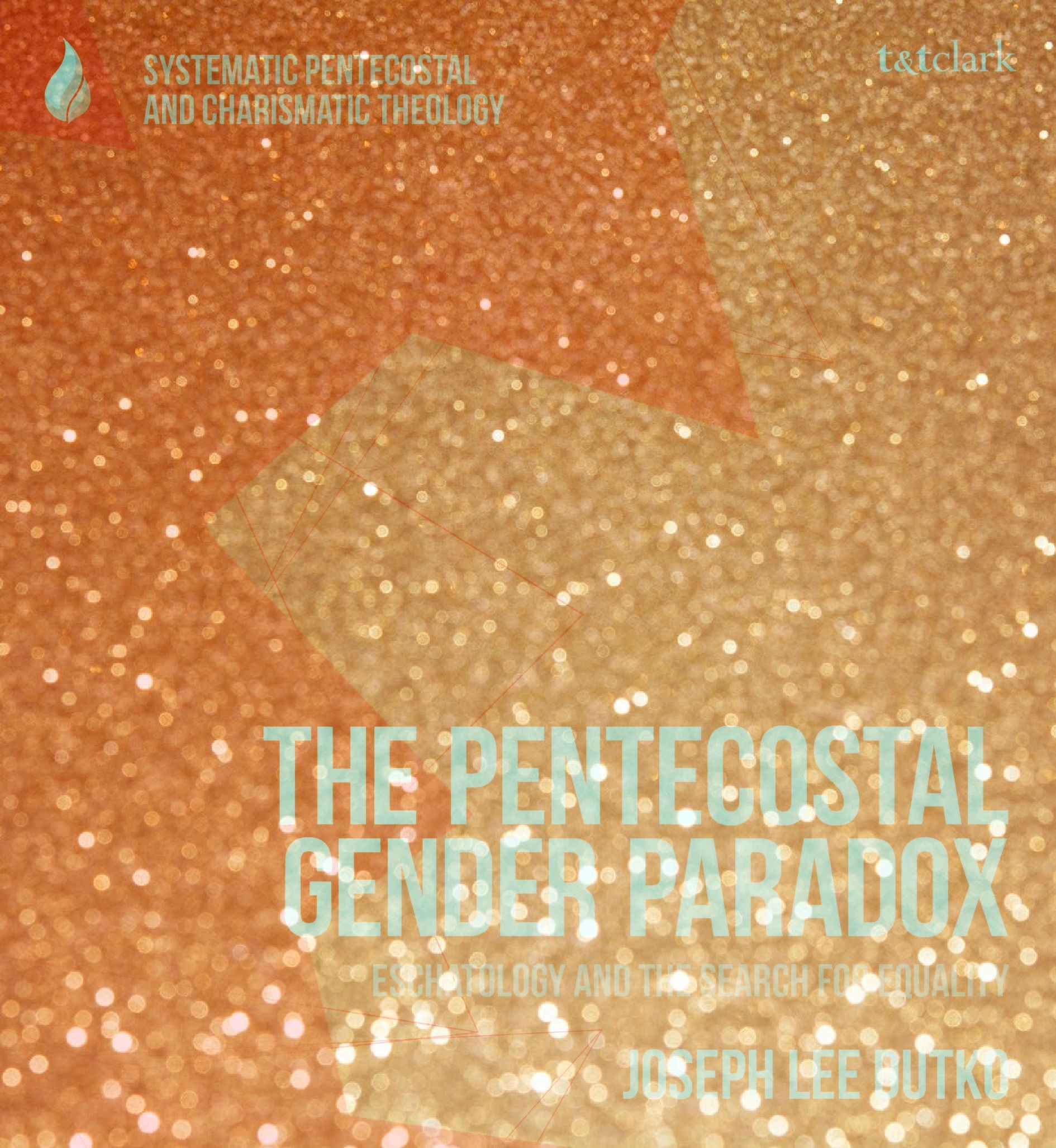The Pastor
Note: this is one of a few archived blog posts I carried over from my old site just for fun and to preserve some “history.” It may or may not reflect current thoughts or feelings. This post is from October 2011.
I recently started reading Eugene Peterson’s memoir The Pastor, the story of his formation as a pastor and how the vocation of pastor formed him. Peterson, a pastor for fifty years, is easily one of the best and most influential pastors of our time, so it’s important that we listen to what he has to say.
One of Peterson’s biggest concerns is that “The vocation of pastor has been replaced by the strategies of religious entrepreneurs with business plans” (4). Peterson says that so many pastors have quit or been dismissed due to the cultural assumption that all leaders are people who “get things done” and “make things happen.” He admits that this is one component of pastoral work, but “the pervasive element in our two-thousand-year pastoral tradition is not someone who ‘gets things done’ but rather the person placed in the community to pay attention and call attention to ‘what is going on right now’ between men and women, with one another and with God—this kingdom of God that is primarily local, relentlessly personal, and prayerful ‘without ceasing’” (5).
A large part of the pastor’s assignment is “to pay more attention to what God does than what I do, and then to find, and guide others to find, the daily, weekly, yearly rhythms that would get this awareness into our bones” (45). The way of understanding the vocation of pastor is “a way that can’t be measured or counted, and often isn’t even noticed” (5).
"There is tremendous pressure upon pastors to produce in ways that can be measured"
And yet, there is a tremendous pressure upon pastors to produce in ways that can be measured and can be counted. In order for the pastor to pay attention to what God is doing and then call attention to it among the people, he or she must be afforded the time and freedom from the pressure of “getting things done.”
There is a growing amount of evidence that clergy suffer immensely from burnout, as this New York Times article discusses. But as Jeffrey MacDonald points out in his response to that article, it’s not so much that pastors work too much that causes burnout (although that’s true), but the fundamental problem is the pressure on the pastor “to forsake one’s highest calling.” As consumer-driven religion gains popularity and becomes the expectation of the people, the pastor is forced to abandon his or her calling of helping people to grow spiritually and the pastor therefore becomes more unhappy and unhealthy.
One of my professors often reminds students that the ministry can easily become making sure everyone is in the right place at the right time—what he calls becoming “the director of the circus”—instead of helping people discover the inner life, the movements of the soul, and calling others to lay down their lives and follow the way of the cross.
For me, it’s never the long weeks that involve pastoral care, moral counsel, study, and sermon preparation that lead to burnout. The burnout comes from the long weeks that consist mainly of “directing the circus,” of planning events that are primarily meant to entertain people (couched in language of “promoting fellowship”) and the pressure to give people what they want rather than to challenge them with what they need.
The weeks I feel like giving up are the ones where I feel like what I’m doing has very little to do with what I am called to do and have a responsibility to do as a pastor.
May God grant pastors the strength to hold fast to their primary calling, and may He grant people the grace to see their pastors as spiritual shepherds, not religious entrepreneurs.
NEWSLETTER SIGNUP (blog post layout)
Thanks for signing up!
Please try again later.
ABOUT JOSEPH
Pastor, Author, and sometimes pretends to be a scholar
Joseph (PhD, University of Birmingham) is the author of The Pentecostal Gender Paradox: Eschatology and the Search for Equality.
Since 2015, he and his wife have together pastored Oceanside Community Church on Vancouver Island, where they live with their four children.


